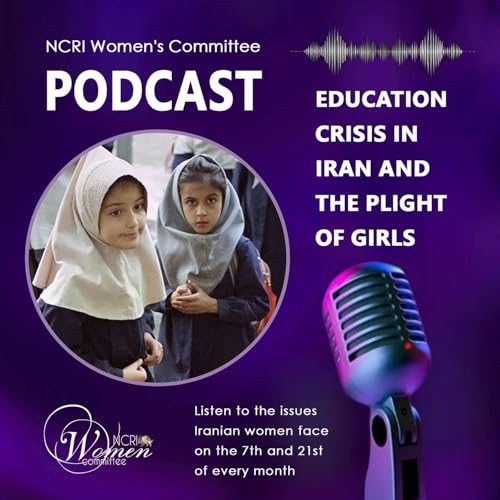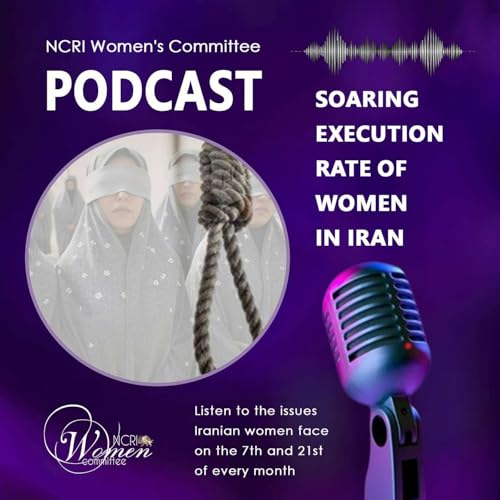As the world marks October 10, the World Day Against the Death Penalty, a grim reality overshadows the occasion in Iran: the systematic execution of women under the rule of the mullahs. According to the September 2025 report by the Women’s Committee of the National Council of Resistance of Iran (NCRI), at least 15 women were executed between July 30 and September 30, meaning one woman is hanged every four days. This sharp rise highlights a brutal campaign of repression targeting women at a time when they continue to lead protests and defy the theocracy’s authority.
In the first nine months of 2025 alone, the regime executed around 1,200 people, including 39 women and 7 children, with at least nine public hangings. Thousands more remain at risk in Qezel Hesar Prison, awaiting execution. The NCRI report underscores that Iran’s clerical establishment—ruled by Supreme Leader Ali Khamenei—has turned its judiciary into a “death machine” that sentences impoverished citizens, political prisoners, and women without fair trials.
A Record of Brutality and Misogyny
The regime’s record of executing 39 women so far in 2025 marks a shocking increase compared to 34 in 2024, 26 in 2023, and 15 in 2022. This trend reveals a deliberate escalation of state violence against women, who have long stood at the forefront of resistance movements. Iran now holds the grim distinction of being the world’s leading executioner of women.
Many women facing the death penalty are victims before they are defendants. Those convicted of “premeditated murder” are often survivors of child or forced marriages, who kill abusive husbands after years of violence and the denial of any legal right to divorce. Others, executed for drug trafficking, are typically driven by poverty and coercion, while the true profiteers — networks linked to the Revolutionary Guard Corps (IRGC) — remain untouched. The case of Marziyeh Esmaeili, a 39-year-old mother executed in April 2025 for carrying drugs worth just $100, epitomizes this injustice.
Resistance Behind Bars
Despite this climate of terror, a powerful movement against the death penalty has taken root within Iran’s prisons. For 88 consecutive weeks, prisoners across 52 facilities have staged weekly hunger strikes to protest executions. Their courage has inspired families and rights groups inside and outside Iran, signaling a rare, growing defiance against the regime’s machinery of death.
A Call for International Action
The NCRI Women’s Committee warns that every day of silence costs more lives and urges the international community to act decisively. Their recommendations include:
- Immediate halt to executions of women and annulment of death sentences, especially for political and drug-related cases.
- Access to medical care for female prisoners and an end to their slow death by neglect.
- Urgent international inspections of Iranian prisons, particularly Qarchak Prison, notorious for torturing women.
- Global pressure on the regime to comply with international human rights standards.
As Iran’s gallows claim more lives each day, the world faces a moral test. The executions of women are not isolated crimes — they are part of a broader campaign to crush a defiant population. Stopping this machinery of death is not only a human rights imperative; it is a stand for justice, equality, and the sanctity of life itself.
Support the show

 9 分
9 分
 10 分
10 分 15 分
15 分 12 分
12 分 9 分
9 分 2025/09/0712 分
2025/09/0712 分
